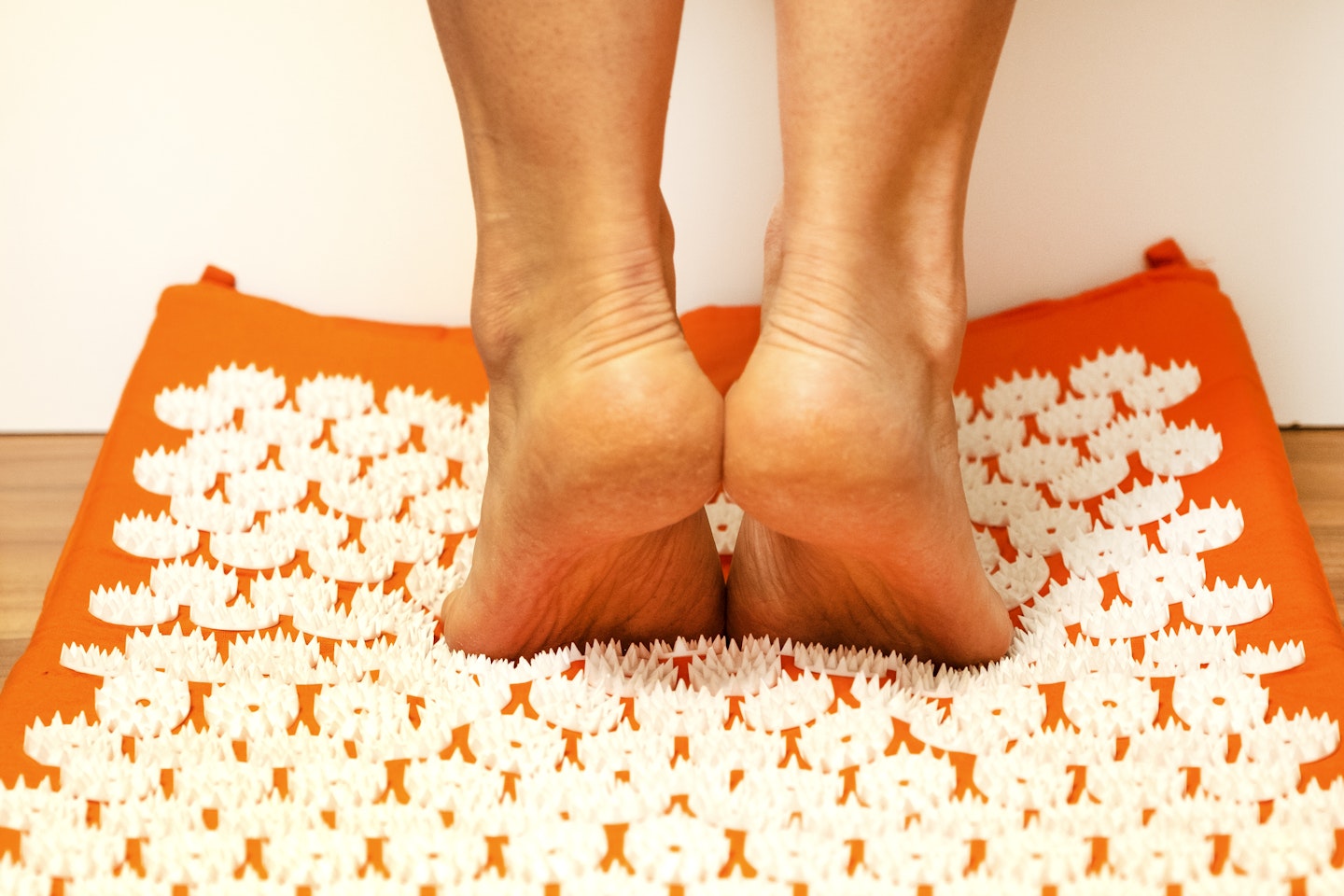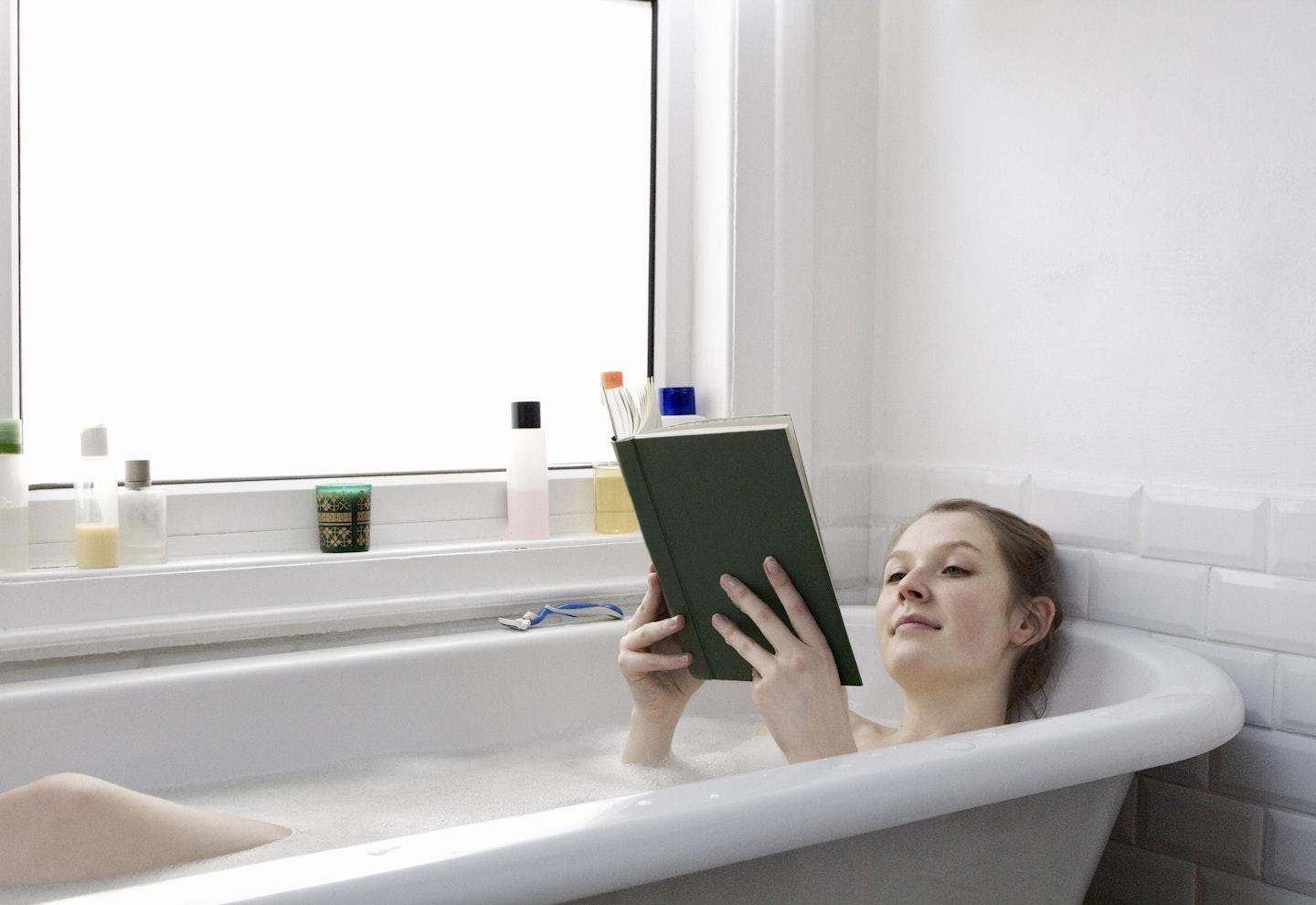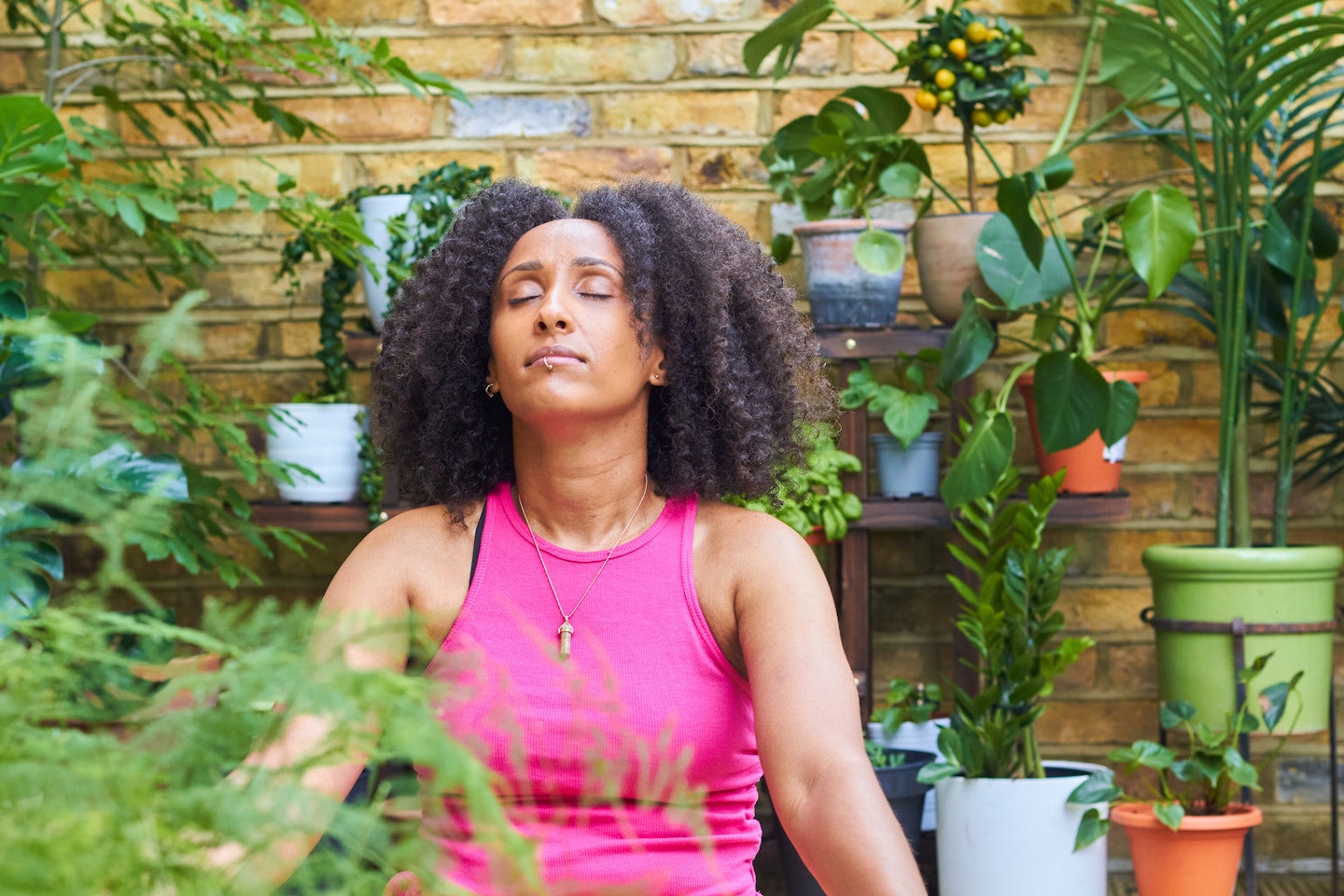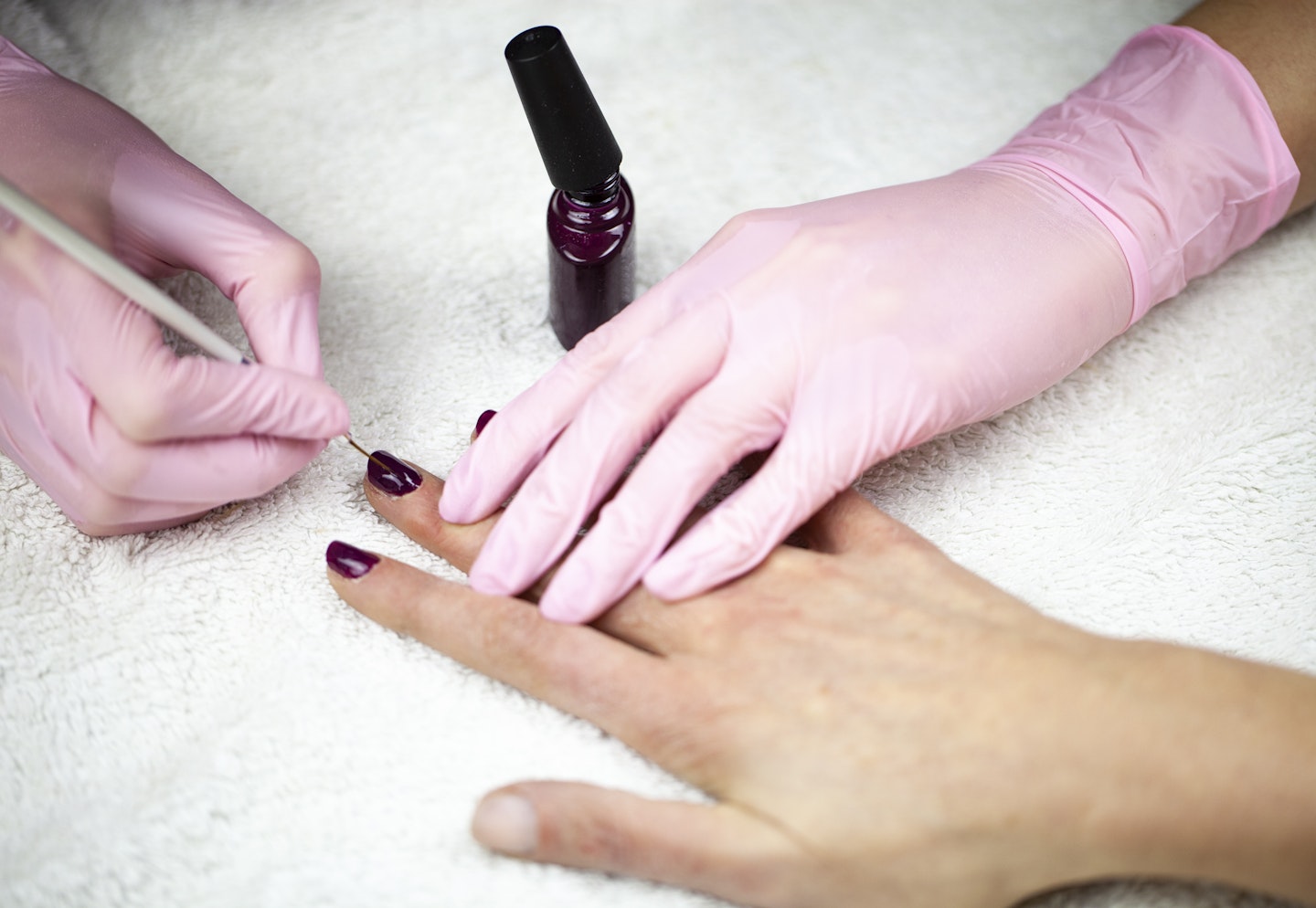While you might have turned off your laptop hours ago, your brain is usually still working overtime and often you're left wondering how to switch off from work. Getting to sleep is looking next to impossible, and instead of counting sheep, your mind is counting the data on your latest spreadsheet. Sound familiar?
With a lot of us working from home, separating work from our home lives is becoming increasingly difficult. It's all too easy to 'just finish up this last little bit,' which actually means pushing our hours back further than we should.
If you've been struggling with switching off from work, our tips and expert advice might help you getting some downtime, despite those demanding deadlines.
How to switch off from work
1. Setting boundaries: now that a lot of us are working from home, we often find ourselves working much longer than necessary. When you find yourself working overtime, ask yourself 'can what I'm trying to finish wait until tomorrow?'.
2. Taking regular breaks: having some time away from the task you're working on can help you revisit it with a clearer mind. Make sure you're refuelling with regular snacks and a proper lunch, too.
3. Giving yourself time off: making sure to take holidays is extremely important for your mental health. It'll also help you work more productively, as you'll return to work feeling refreshed.
4. Switch to decaf: caffeine is a stimulant that has been linked to anxiety and insomnia, which is exactly what you should be avoiding if you find it difficult to relax after work.
5. Separate your space: When you're starting to associate your bedroom as your work office, it'll make getting to sleep a lot more challenging. Have a room that you can work from separate from those areas you use to relax and unwind.
After fun and practical tips for an instant pick-me-up… and long term results!? Follow @theboostuk, a community-powered by Closer
6. Create a relaxing bedtime environment: light some candles, spray some lavender pillow mist and do whatever you can to make your bedroom a space to relax in.
7. Do some yoga: as well as promoting movement, yoga also focuses on breathwork which can help serve as a distraction from those thoughts and worries that won't stop bouncing around your head. Joining a class, downloading apps or practising from your home are all ways you can get involved.
8. Try meditation: similarly, meditation is a useful tool that helps to shift the focus from our thoughts to things like breathing and posture. Guided meditation in particular can be useful to help with a connection and awareness of our physical selves, which is great when you're feeling like you're on autopilot.
9. Go for a walk: if you've got time after work, going for a walk and getting some fresh air is definitely recommended. Not only does it count as exercise which may help you sleep better, going for a walk is great for clearing your head when you feel stressed, anxious or agitated.
10. Have a bath: having a nice warm bath has been proven to help ease tension, increase blood flow and relieve stress.
11. Turning off your devices at night: artificial light from our devices effects hormone production of melatonin, which in turn, effects your sleep cycle. Switch off your devices but above all, make sure your bedroom is nice and dark so you're producing enough melatonin to help you sleep.
12. Bedtime reading: a known stress reducer, reading helps us to escape from those every day stressors. In fact, reading a book for just six minutes reduces stress by 68% as shown in a study by the University of Sussex.
Read more on Closer online...
Night-time anxiety? Here's how a weighted blanket could help
Wellness breaks: the best places to stay that'll set your mind at ease
The effects of overworking on our health
It's no secret that being overworked can result in a number of negative impacts on our physical and mental health.
We have consulted with experts who have discussed the effects overworking can have on your health and why switching off is especially important.
Dr Thuli Whitehouse, GP at the digital healthcare provider Livi highlighted the issues workplace stress can cause.
"When we're stressed, our liver gives us a boost of glucose. However, long-term this constant release of glucose increases our risk of developing type 2 diabetes, and can make it hard for us to maintain a healthy weight.
"Additionally, increased cortisol levels stop our bodies from breaking down fat, so it can make it hard for us to lose weight or keep weight off. With adrenaline levels affecting appetite, some people find that their appetite decreases when stressed.
"Stress and related conditions can affect sex drive and fertility, with long-term stress able to have an impact on hormonal balance and reproductive cycles. As well as this, our skin responds to stress with inflammation and worsening of skin conditions like acne, eczema and psoriasis."
From this alone, it's clear to see why allowing yourself time to relax after work is important for your health, and it appears all experts are in agreement.
Award winning emotions coach, podcast host and author, Jo Wheatly, expresses the importance of switching off from work.
"Switching off helps us to connect with our families and friends, to engage in the things that bring us joy and to prevent burnout.
"It's important because it enables us to recharge and recenter ourselves to be ready for the next day."
Check out: nine easy ideas for self care
Be kind to yourself - nine easy ideas for self care - slider
 1 of 9
1 of 9Find a sport you enjoy
Too long have we thought of exercise as purely a weight loss tool, or even a punishment for eating our favourite foods. Finding an exercise or sport you truly enjoy (it is possible, trust us!) is a great form of 'me time' where you can switch off and celebrate the ability of your body to move and make you feel good. Stuck for ideas? Here's why you should give boxing a go this year.
 2 of 9
2 of 9Buy an acupressure mat
If you're queasy around needles and don't want to splash out on a salon acupuncture session, a purse friendly acupressure mat is a great alternative to treat aches and pains and get that all important chi (life energy) flowing. Used for thousands of years in China, this type of treatment is said to create equilibrium within the body, balancing out the positive and negative energy which, if unbalanced, can cause physical illness and emotional issues, too. A sure fire mood booster at your finger (or toe) tips.
 3 of 9
3 of 9Draw a relaxing bath
Your evenings might be busy but swapping out an episode of your fave TV show for a relaxing bath is a great way to get some screen-free time, clear your sinuses and, with a luxurious bath bomb, smell fab, too! [Some studies have even shown](https://www.theguardian.com/society/shortcuts/2018/oct/23/why-a-daily-bath-helps-beat-depression-and-how-to-have-a-good-one here) that a daily bath can help to consistently lift your mood, so switch off the telly and turn those taps on.
 4 of 9
4 of 9Treat yourself to your favourite foods
Food is the ultimate indulgence, and while it's important to maintain a balanced diet for good overall physical and mental health, there's not much that can beat tucking into a comforting bowl of spag bol or a luxury chocolate bar when you're in desperate need of some R&R. These low calorie options mean you can have the best of both worlds.
 5 of 9
5 of 9Splash out on a wellness break
At the pricier-but-worth-it end of the spectrum, a weekend spent at one of the country's many hotel and spa sites will work wonders for your mood. In the UK we are lucky to have loads of spa towns, where the water is naturally hot and enriched with feel good minerals, which means we're spoiled rotten when it comes to choice. Got with a partner, a friend, or – and we can't recommend this enough – on your own, for the ultimate me-time. Check out our picks of the best here.
 6 of 9
6 of 9Try meditation
Long gone are the days when meditation was strictly the domain of hippy-dippy earth types, adding it into your day can make a real difference to how you cope with challenges thrown your way. It takes practice, but there are plenty of apps and YouTube videos to fill you in on the basics. Once you've got the hang of it, try experimenting with sound baths, yoga nidra and manifestation exercises. Learning how to empty your mind can have lifelong benefits and help with anxiety and depression.
 7 of 9
7 of 9Get your hair done/a manicure/massage
When we're feeling low and frazzled, often our grooming is the first thing to go out the window. But looking good can be a fast-track to feeling good, and when we've been running on empty and putting everyone else's needs before our own, even just an hour spent under the care of someone tending to us can elevate our moods. Because, hun, you're worth it.
 8 of 9
8 of 9Take a walk with a friend
Studies have shown that loneliness can have as big an impact on our health as smoking or obesity. According to charity Campaign to End Loneliness, as many as 45% percent of UK adults reported feeling lonely, and this was only exacerbated during the pandemic and successive lockdowns. The good news is that we're free to see our friends whenever we want now, and you don't have to head to a busy pub or restaurant to do it. However cautious you're feeling about socialising now, sometimes the best quality time with a friend can be had taking a leisurely stroll through the park, or having a cuppa at home. The power of friendship is not to be underestimated.
 9 of 9
9 of 9See a therapist
If it's available to you, regularly seeing a trained professional to help go through issues or disconnect the link between feelings, thoughts and behaviours can be the ultimate form of self-care. There are loads of talking therapies out there, from traditional counselling to CBT (Cognitive Behavioural Therapy), and it's always worth speaking to your doctor if you think you could benefit from this kind of support. Therapy has shed much of its stigma in recent years as opening up about our mental health has become more mainstream, and long may it continue.
The symptoms of burnout and how to avoid it
Laura Rowe, wellness and empowerment coach and founder of Align Lifestyle describes burnout as, "A term often used to describe the body's response to prolonged work stress.
"Constant stress means the body is running on an overproduction of adrenaline. When we stop due to burnout and the adrenaline goes down, so does the immune system."
Lockdown has seen a huge increase in people suffering from burnout and wellness and nutrition expert, Penny Weston has seen this in full effect.
So, what are the signs and so-called symptoms of burnout and how can we avoid them?
"There are a number of signs that someone is experiencing a burnout," says Penny.
"Including headaches, stomach aches, lack of energy, intestinal issues, feeling depressed, exhaustion and feeling unable to do your job."
In terms of avoiding burnout, she suggests to reduce your workload by learning how to delegate tasks and trusting in your team. Another one of her tips is to write positive affirmations and remind yourself of them each morning.
WATCH: Chloe Brockett speaks out on Lauren Goodger returning | TOWIE Secrets
Sometimes we can't manage the stress of work on our own and need some additional support, which is perfectly okay.
Dr Thuli Whitehouse recommends seeking the help of professionals if work is having an impact on your health.
"Getting support from a GP can be the first step towards reducing stress. The pressures of the last two years have taken an enormous toll on people with an increasing number of our GP consultations relating to mental health."
Later this month, Livi will launch an online talking therapy service designed to help patients manage their mental health and provide faster access to treatment.
Remember that it’s always okay to ask for help.
